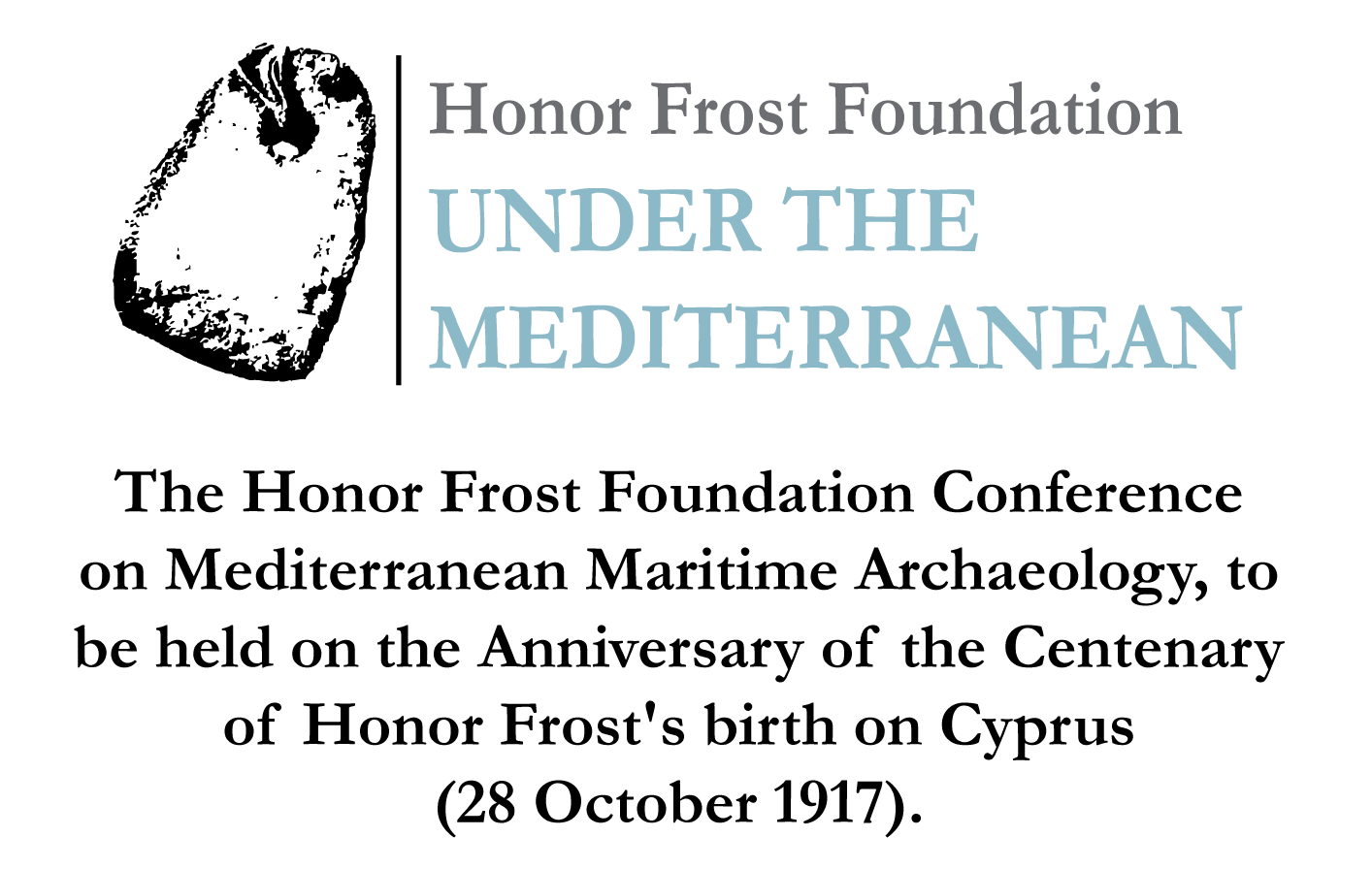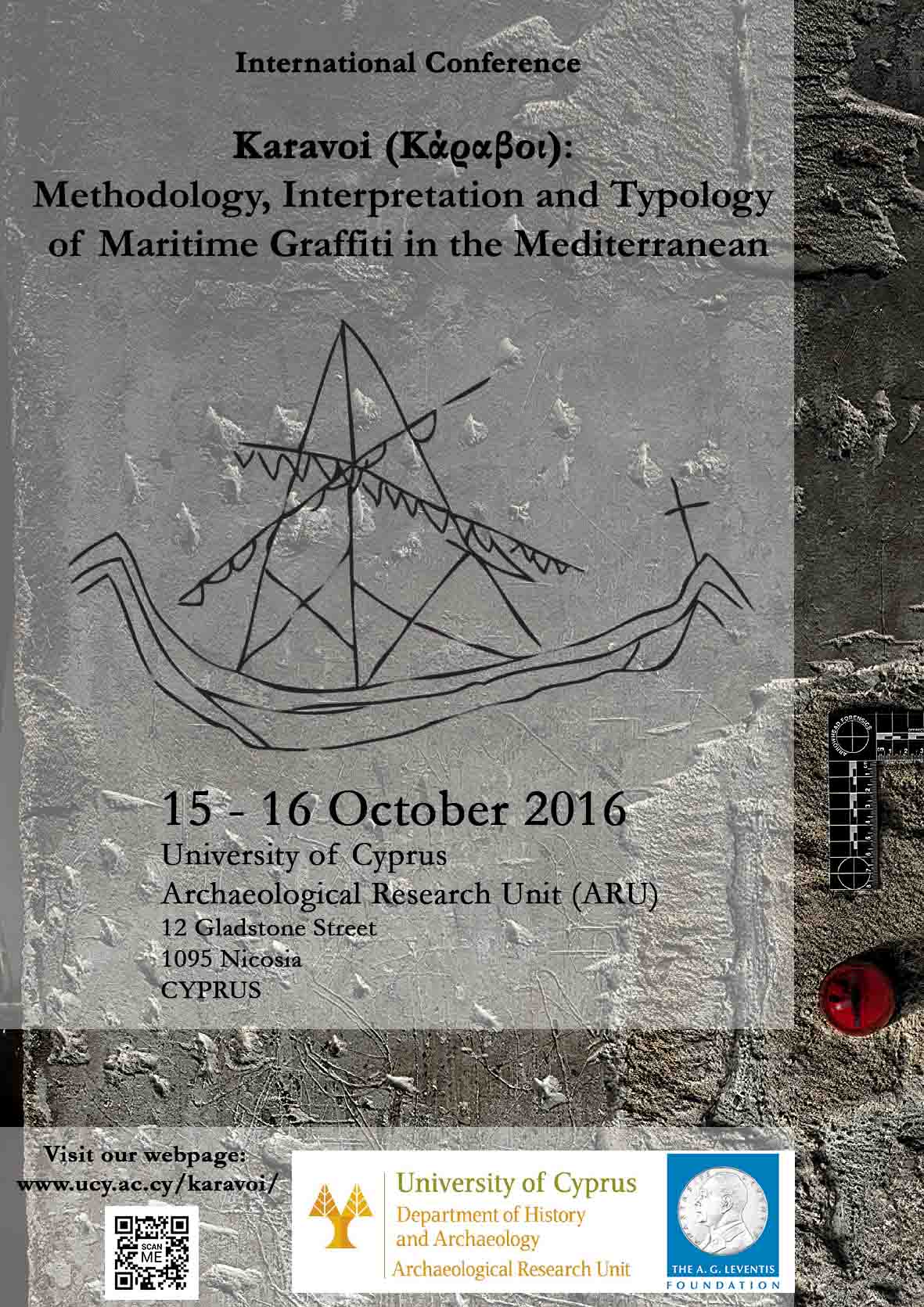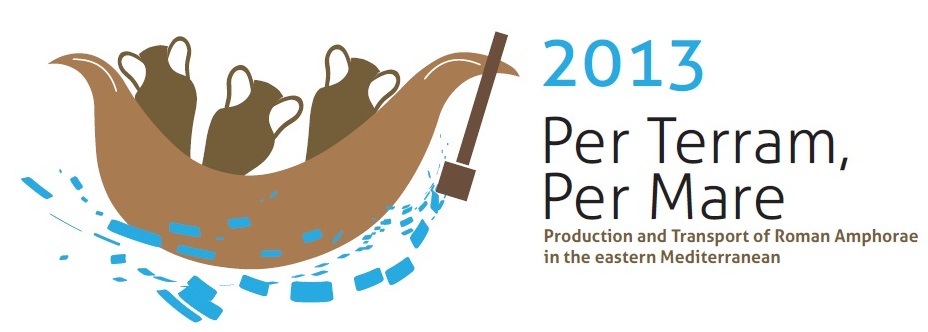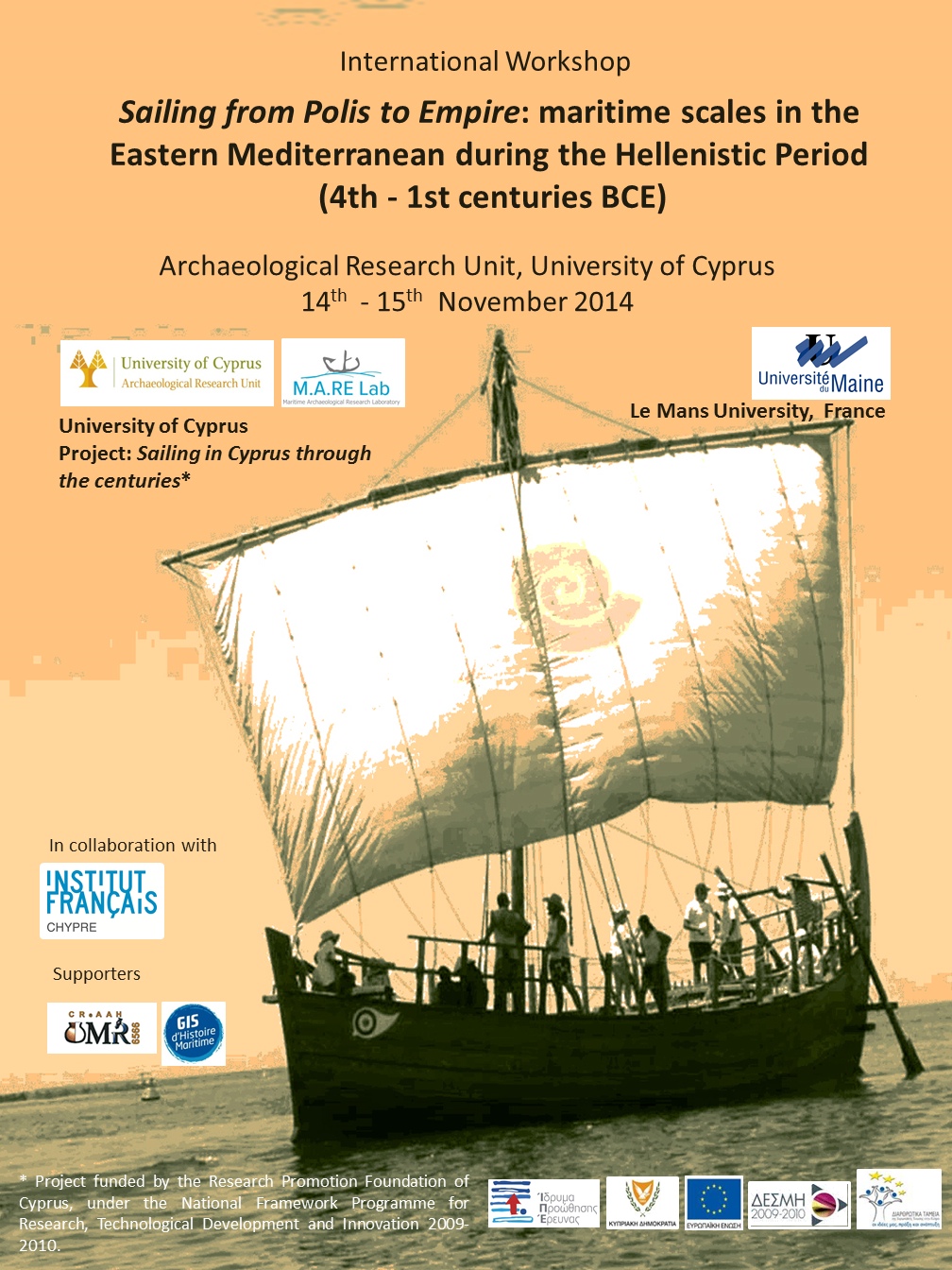|
Under the Mediterranean: 100 years on...
The world of maritime archaeology has undoubtedly changed significantly since Honor Frost wrote her seminal volume, Under the Mediterranean (1963). A milestone in the development of the subject in the Mediterranean came when in 1985 a symposium series began in Greece with the theme: TROPIS, International Symposium on Ship Construction in Antiquity. TROPIS soon became a meeting point for maritime archaeologists, working mainly (but not exclusively) in the Mediterranean, who presented papers on diverse research themes, including shipbuilding, ships and boats, ports and harbours, navigation and seafaring. The last TROPIS conference took place on Hydra, in 2008. Honor was part of this meeting as she had been, with one exception, in every previous meeting. Since then TROPIS has not been followed up by any other Mediterranean maritime archaeological forum, and yet the discipline has continued to develop as more and more papers with maritime themes are presented in other archaeological conferences of more general interest. We believe it is now time to provide a forum for maritime archaeologists working in the Mediterranean to regroup and to re-engage with the early TROPIS principles: to communicate more widely with others working in the region underwater, on the coasts, and on the land, and to share new finds, methodologies and ideas, including landscapes, trade, connectivity, scientific analysis, cultural management and new technological developments. On the 28 October 2017, 100 years have passed since Honor Frost was born in Cyprus. To mark this event, it was decided to celebrate the centenary of her birth, to honour her work and that of her Foundation, by organising an international conference on Cyprus. It was held over four days (20-24 October 2017) and hosted at the University of Cyprus, Nicosia. A fifth day was dedicated to visiting some of the important coastal archaeological sites of Cyprus, particularly the pre-Classical harbours that were the main focus of Honor's research. Participants were also invited to sail on the replica Kyrenia Liberty. The conference was largely supported by the HFF. |
. |
 |




